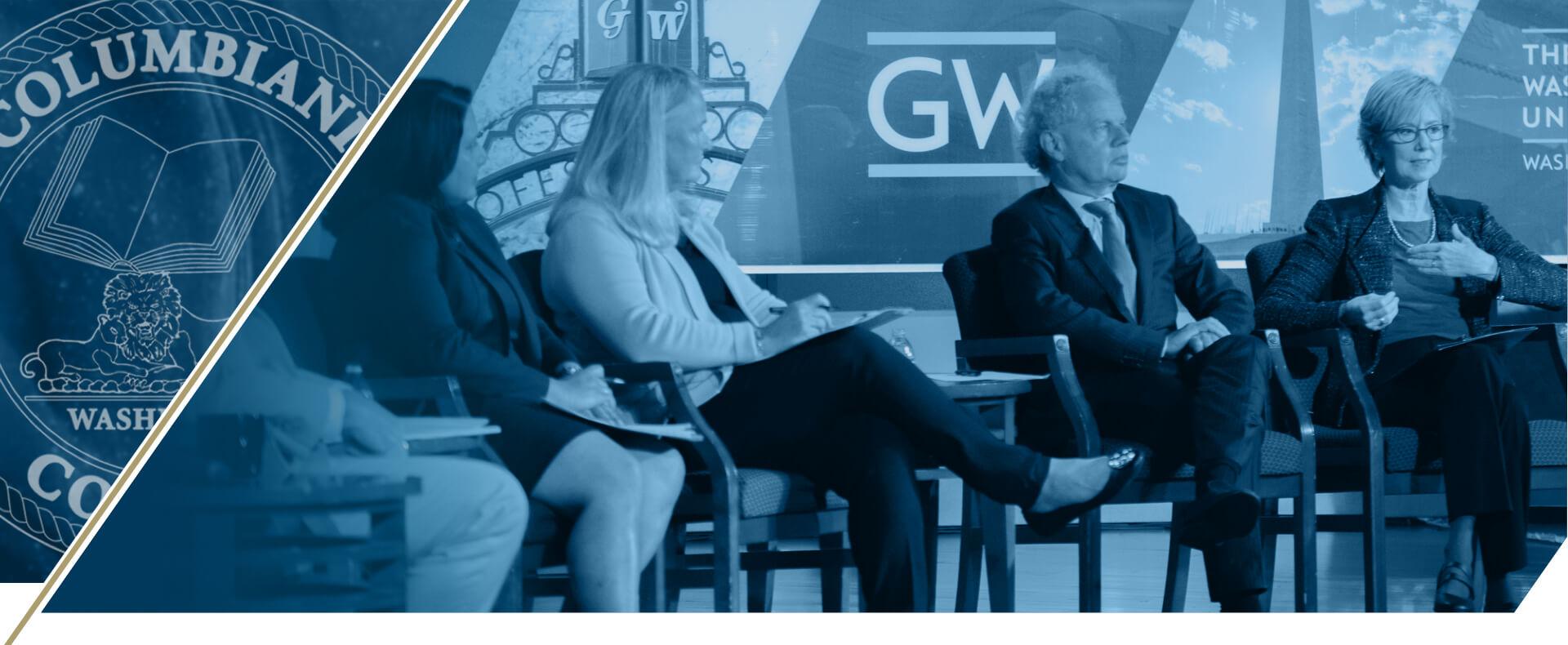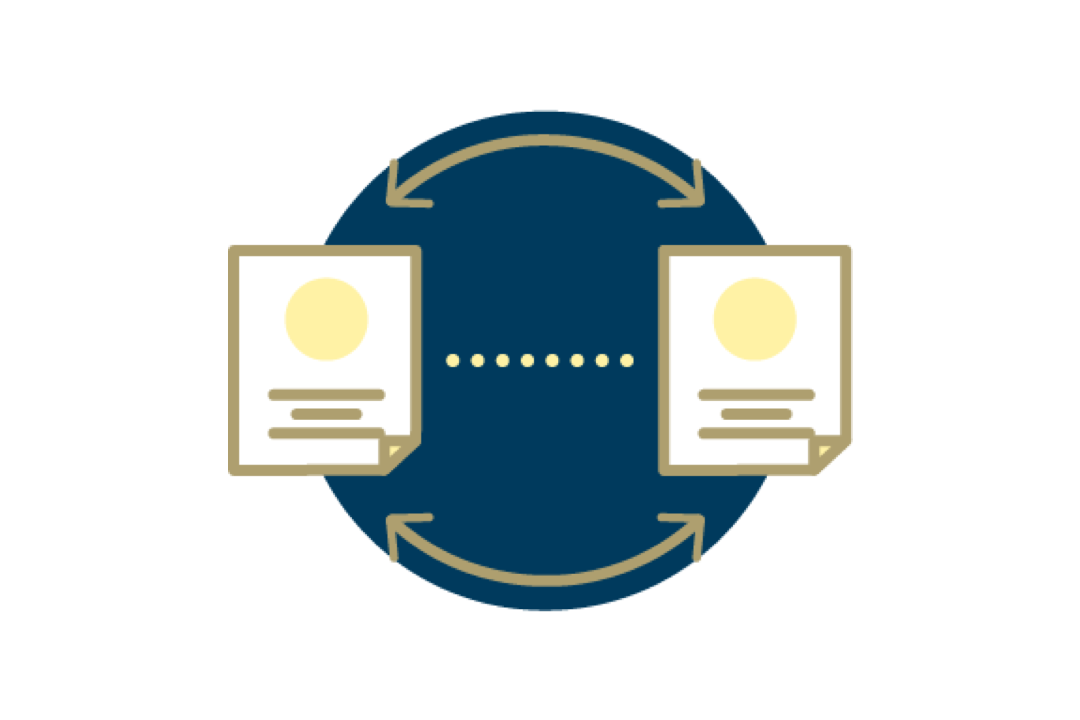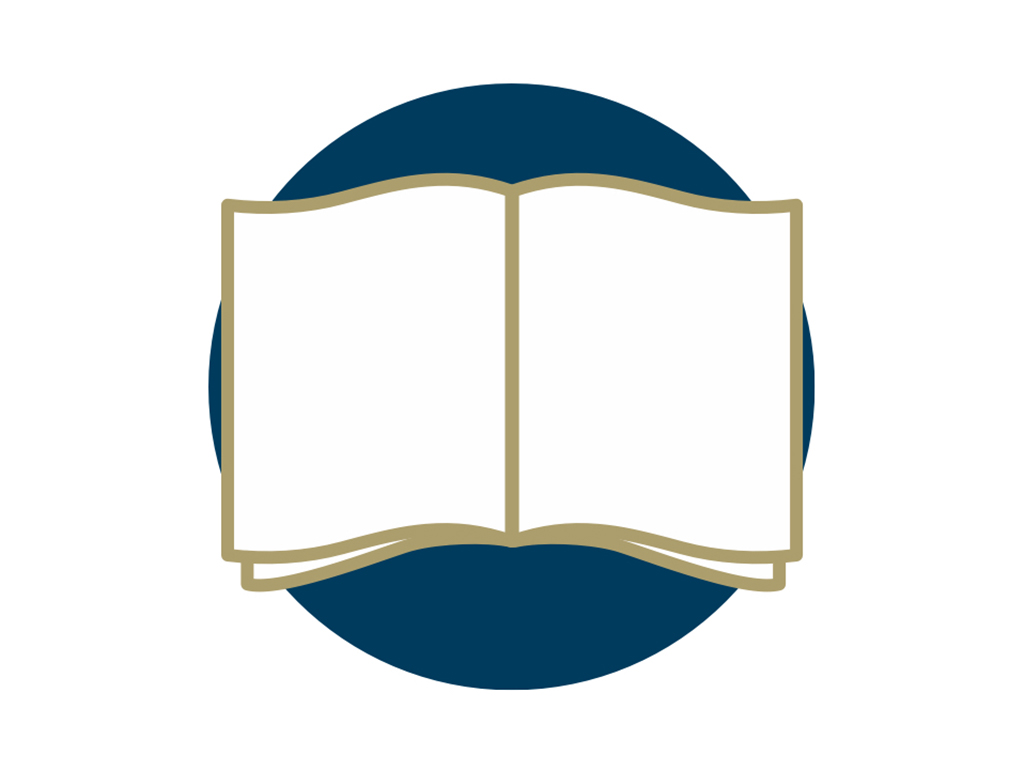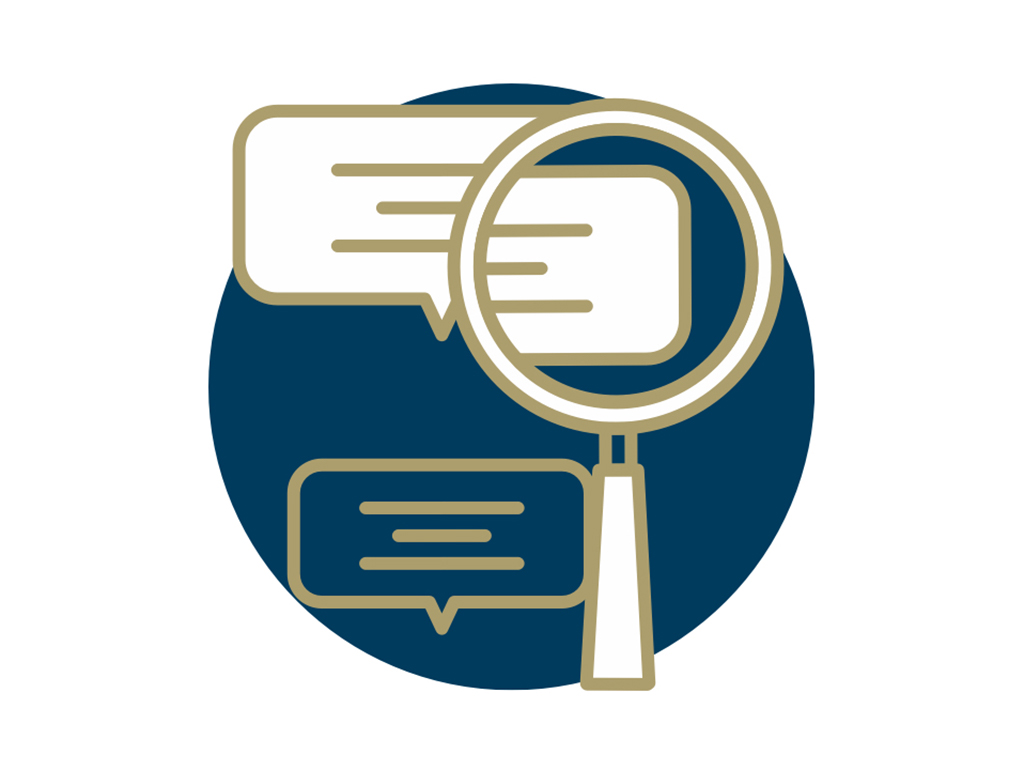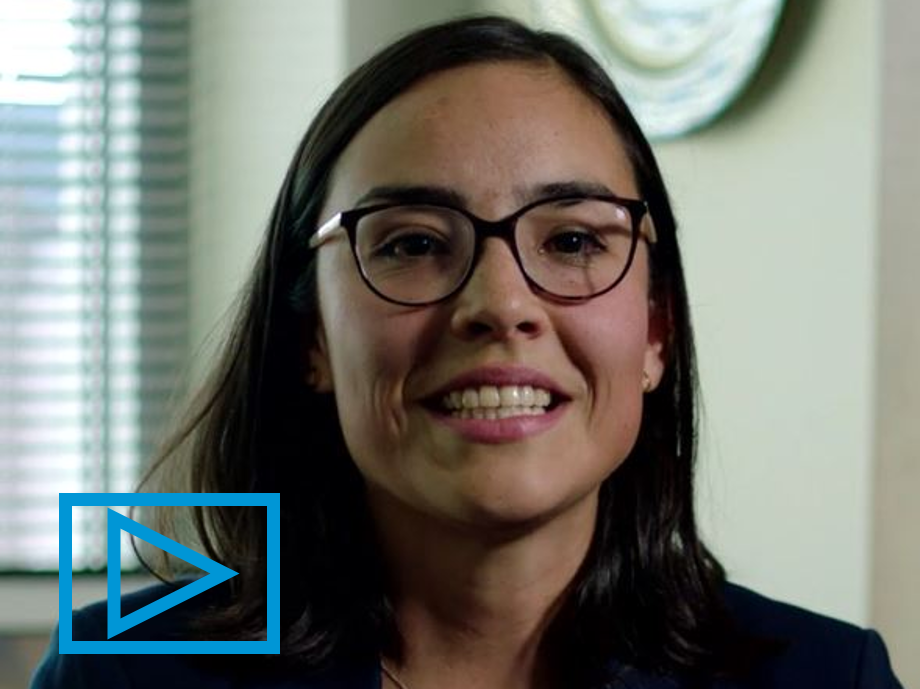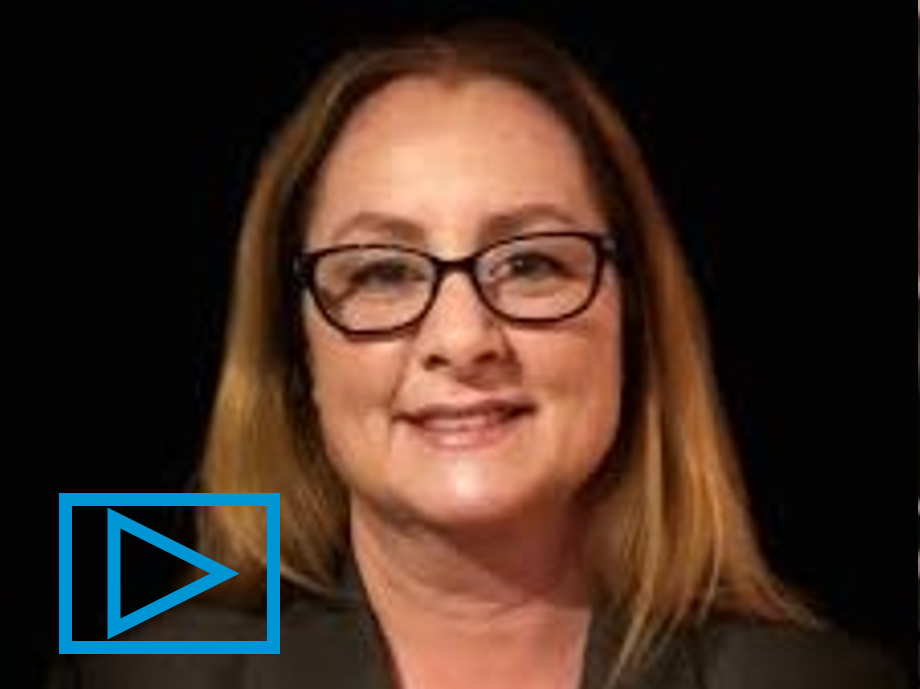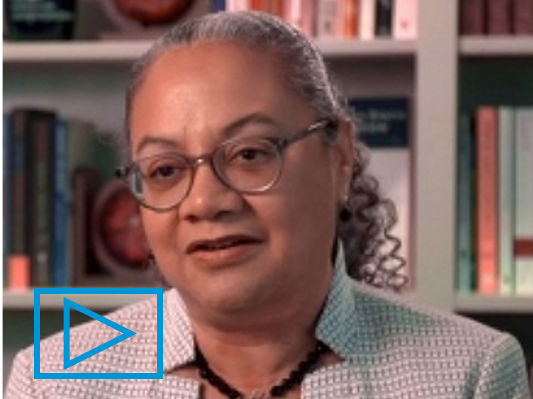Home
Improving regulatory policy
through research, education, and outreach.
Our Research
Promotes best practices for regulatory analysis
Improves regulatory processes and institutions
Serves as a source for objective information
"The GW Regulatory Studies Center has done phenomenal work in cataloguing and analyzing reforms in regulatory policy...[it is] a national treasure."
Cass R. Sunstein
Robert Walmsley University Professor, Harvard
OIRA Administrator Under President Obama
Current Highlights
Browse Publication Types
"Your input and expertise during the drafting of the Early Participation in Regulations Act of 2019 and SMART Act of 2019 was invaluable."
Joint Statement (PDF)
Senator Kyrsten Sinema (D-AZ)
Senator James Lankford (R-OK)
Video Testimonials
GW Alum
"The GW Regulatory Studies Center provided me with the analytical skills I needed, and gave me a sense of community as an international student."
— Ana Maria Zárate Moreno
GW Faculty
"It is rare to find a situation where you have a community of scholars who are so accomplished all studying regulation in one place."
— Christopher Carrigan
Policy Practitioners
"To make my stories authoritative I like to talk to analysts who have practical knowledge of regulatory policy, and that's why I keep returning to the GW Regulatory Studies Center."
— Cheryl Bolen
Popular Media
"The GW Regulatory Studies Center gives students hands on experience that I craved when I was in school. Programs like this are simply invaluable."
— Shawne McGibbon


